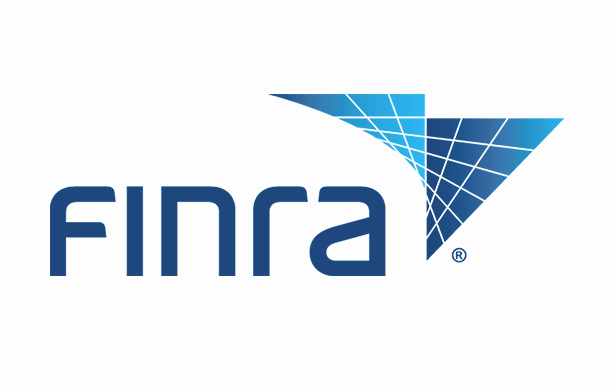Cyber Security / Defense -in-Depth
Cyber security is a proactive defence system that will find and deal with advanced security threats. The system can stop cyber-attacks that your computer device may encounter. This protection provides multiple and duplicative defensive solutions and anticipates counter cyber actions.
Cybercriminals use complex tools to attack your system. Thus, cyber-security takes measures to avert these attacks. Cyber-security defence strategies are aimed at responding to and preventing such cyber-attacks. Additionally, the system is set to disrupt them if they do happen.
Defense-in-Depth Strategy
As organizations move into multi-cloud systems, a hands-on approach will enable you to anticipate cyber-attacks and disrupt them when they happen. These attacks could take a toll on your IT resources and your finances. In addition, their effect could tarnish your brand name irreparably.
However, you will strengthen your company with defense-in-depth and conduct your day-to-day business despite sophisticated malware. Then you will strengthen your customer trust and improve your shareholding value.
Defense-in-depth has controls to protect your business network system's technical, administrative, and physical aspects. Here we take a look at how it works:
-
Administrative Controls
Many Defense-in-depth measures control the administrative aspect of your business. These include policies and procedures directed at the organization's employees and labelling sensitive information as 'confidential.' Login systems for your employees are also included.
-
Technical Controls
Defence-in-depth measures to control malware refer to the hardware you put in place to protect network systems and resources. You can also have software and network firewall appliance or an antivirus program.
-
Physical Controls
These are defence-in-depth measures that will prevent physical access to your IT systems. These should include security guards, locked doors, and alarm systems.
Here are other Defense-in-depth security layers added to the first layer. These extra layers measures will ensure a cyber attacker won't get deep into your systems if they get past the first line of defence.
-
Access Measures
Access measures have biometrics, timed access pins, VPN, and controlled authentication. Access to any data will need access codes.
-
Perimeter defences
Network perimeter defences comprise intrusion detection systems that alert when someone tries to access the perimeter. They include prevention systems and firewalls.
-
Monitoring Prevention
Preventing and monitoring network attacks include auditing network activity, logging, sandboxing vulnerability scanners, and security awareness training.
-
Workstation Defense Mechanisms.
Work station defence mechanism includes anti-spam and antivirus software. They will deal with spam and viruses.
-
Data Protection Mechanism
Among data protection methods, hashing, data at rest encryption, and secure data transmission are at the forefront. In addition, there are encrypted backup systems to enhance security a step further.
Using Defense-in-Depth Solutions
Use companies that provide defense-in-depth security solutions to provide a complete suite of these defences for your organization. They will work on all the multiple lines of defence to make sure your data and network are safe from malware and security issues.
Final Thoughts
While there is no way of avoiding cyber-attacks, there are ways of mitigating the risks and preparing your company in advance for when they come. Data security solution companies will help keep your data safe. They will also ensure that your network is protected again.


